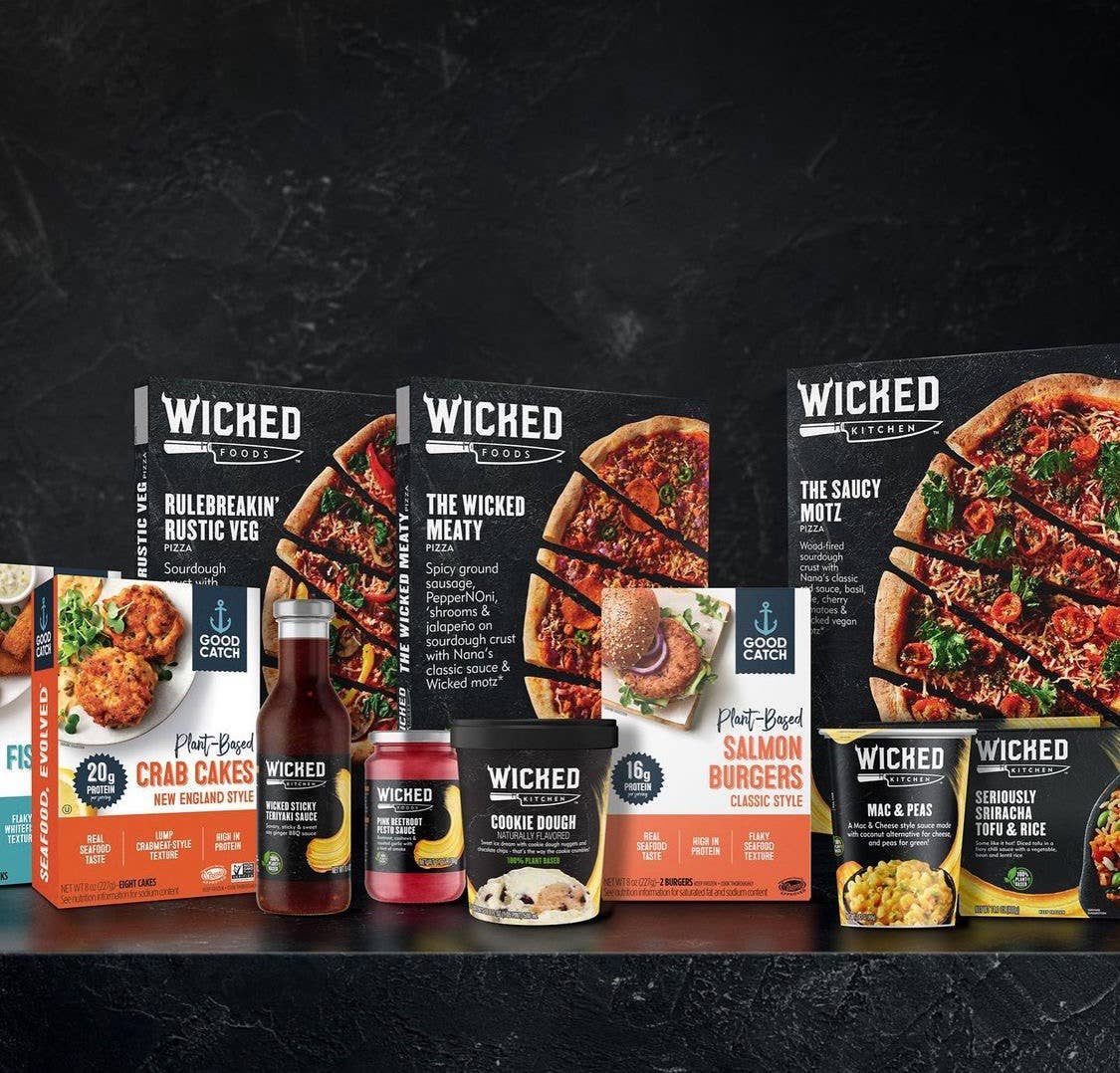
Oatly Continues Its Fight to Trademark the Word ‘Barista’
Oatly is slated to finish construction on its third production facility in the US by 2022, but along with building physical plants, the company is engaged in a different uphill climb, as it fights to trademark the term ‘barista.' Oatly’s oat milk product is used in coffee shops to offer an oat version of the traditional dairy barista products, with a foamy texture that lovers of specialty coffees enjoy. The oat milk giant appears determined to try to trademark the word ‘barista’ in a campaign that is going head to head against the dairy industry. The Swedish company is using legal avenues to secure its claim on the word.
The Swedish company recently applied to the European Intellectual Property Office to begin the process of trademarking the word ‘barista’ for its products. Oatly is not stopping with the dairy industry but also taking on other UK-based beverage companies. The New York Times reported that the oat milk brand demanded that the Nottingham-based Skinny Food Co should remove 'barista’ from its Skinny Barista line of syrups and non-dairy creamers.
“Whilst waiting for the decision, Oatly has opposed to others trying to register ‘barista’ as a trademark for plant-based milk-alternative products,” an Oatly spokesperson told The Times. “If we didn’t, that could stop Oatly from using it if it is decided to be a trademark. In the same way, other brands have vigorously opposed Oatly’s registration.”
The spokesperson also clarified that Oatly “in no way stopped Skinny Food from using Skinny Barista.” Skinny Food Co is currently combatting Oatly’s attempt to claim the term to capitalize on its branding alone.
Oatly’s trademark campaign extends beyond the term ‘barista,’ going on to challenge several competing oat milk brands worldwide. Earlier in the summer, Oatly initiated a lawsuit against Glebe Farm Foods–a UK-based oat milk brand–over a trademark infringement centered around the brands’ packages. Oatly accused the company of stylizing its packages too similar to its own products. The lawsuit also included an effort to urge the UK-based company to stop using the name PureOaty, seeking damages and legal costs. Oatly eventually lost the lawsuit against the family farm in High Court.
“It is enormously gratifying that the judge has ruled in our favor, and to see that smaller independent companies can fight back and win,” Owner of Glebe Farm Food Phillip Raynor said.
The oat milk company’s branding and trademark campaign is occurring alongside its accelerated effort to increase its US production and distribution. The new Oatly facility will be located in Fort Worth, Texas, spanning a vast 280,000 square feet. The company predicts that the facility will produce 150 million liters of oat milk every year, making it the largest US producer of oat milk.
“We’re excited to break ground on this factory in Fort Worth, which we believe will allow us to meet the growing demand for Oatly’s products and grow our positive impact on the planet,” said Oatly North American president Mike Messersmith in a statement.
The oat milk brand has already established two US production facilities located in New Jersey and Utah. The company aims to spend more than $35 million constructing the new site and hopes to provide more than 100 new jobs. The Fort Worth City Council is fully supporting the company’s decision to build in Texas, aiming to promote Fort Worth as a “business-friendly city,” according to Mayor Mattie Parker.
“Our central U.S. location, affordable land with room to grow and skilled manufacturing workforce will be an excellent home for Oatly,” Chris Strayer, the chamber’s executive vice president of economic development, said.
Since Oalty's IPO, the company's stock value has fallen 57 percent from its peak of $29. Currently, the Oatly stock price is valued at $16 per share. Even though the company's shares recently decreased in value, the oat milk industry is experiencing rapid growth.
Last year, the oat milk sector rose 294 percent in enhanced retail channels and 345 percent in mainstream retailers, according to SPINS data.
Fast-food restaurants have finally got the memo that their customer base isn’t just coming through for a burger, fried chicken, or a beef taco. Many now have plant-based foods and are coming up with creative, delicious ways to get more greens on the menu. Here are the 6 best fast-food chains with plant-based options on the menu.
1. Burger King
Turns out there’s a lot more to rely on than a salad if you’re eating plant-based. Burger King has the Impossible Whopper featuring a meatless patty as well as a few secretly vegan options such as the French Toast Sticks and Hashbrowns.
2. White Castle
Known for its mini square-shaped sliders, this hamburger chain jumped on the plant-based bandwagon at some participating locations. You can find an Impossible Slider on some White Castle menus.
3. Del Taco
This was the first national Mexican fast-food chain to offer Beyond Meat at the company’s 580 restaurants across the country. Del Taco has the Beyond Avocado Taco on the menu along with the Epic Beyond Original Mex Burrito and Avocado Veggie Bowl.
4. Carl's Jr.
Another brand synonymous with beef burgers, Carl’s Jr. offers several plant-based options for veggie and plant lover such as Beyond Famous Star Burger and Guacamole Thickburger.
5. Taco Bell
This fast-food restaurant may have been one of the first you frequented while transitioning to plant-based eating. That’s because Taco Bell has eight million vegetarian combinations and sells 350 million vegetarian items a year through menu substitutions or ordering off their vegetarian menu. In fact, they were the first quick-service restaurant to offer American Vegetarian Association (AVA) certified food options.
6. Starbucks
From the time it started offering breakfast sandwiches in 2006, the coffee conglomerate became a competitor in the fast-food space. You can get your favorite hot and cold beverages made with almond, coconut or oat milk but there are also plant-based food options available such as the Baja Black Bean Veggie Wrap, bagel with vegan cream cheese and Impossible Breakfast Sandwich.
More From The Beet






